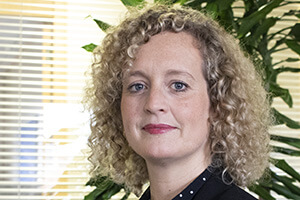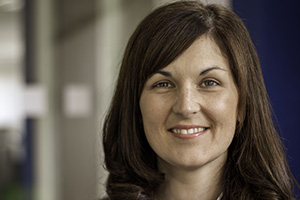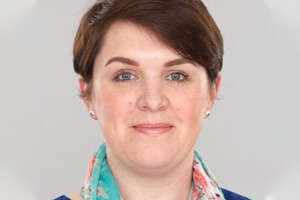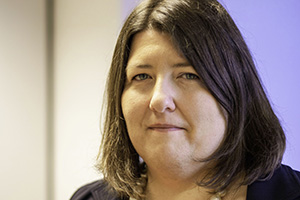This year marks the centenary of the Sex Disqualification (Removal) Act 1919 that paved the way for women to enter into the legal profession. In a series of articles we look at just some of the issues facing women working in the legal sector…
Despite the fact that women account for 61% of law graduates, only 28% of private practice partners are female. Besides flexible working, what else can be done to improve this figure?
We asked three solicitors from DAS Law and another from our ATE solicitor partner Blake Morgan for their thoughts.

Penelope Heighton
DAS Law
Senior Associate Solicitor
Female solicitors have made much progress, but that sad statistic reveals there is still lots to be done to achieve equality.
From what I see around me, working women generally bear the majority of the responsibility for caring for family members/domestic matters rather than the majority of the household income. The ability to work flexibly is crucial to assisting women to better juggle the important things in life alongside a fulfilling and challenging career without early ‘burnout’.
I worry that burnout is a major issue in cutting short the career of many talented women in the legal profession who are simply taking on too much and don’t have the choices available to get the balance right.

Hayley Marles
DAS Law
Senior Associate Solicitor
This may be due to women qualifying at an age where they might be considered likely to want to start a family. I have seen situations where this has occurred – in one case I worked on, a manager had discounted a female employee for promotion on the basis that she was aged 27, and likely to want to start a family soon, despite the fact that this individual had not mentioned her intention to take time away from the business at all.
In another case, a female employee returned from maternity leave and was given lower level projects due to her working part-time and not being able to juggle the workload of a more intensive mix. This sort of thing leads to de-skilling, a drop in morale and likely reduced productivity for some. Believe it or not, some women like to be challenged. The result of this is also a lack of exposure and a lack of promotion.
There isn’t any single change that can be made to improve this figure. It is the cultural mindset of the firm that needs to be fair and consistent for all, regardless of any other factors, not just gender. At DAS Law, my experience is that nobody is forgotten. If it is the case that an employee juggling family commitments and work would prefer to have a less challenging workload, or reduce their hours, this will be considered and, where possible, accommodated. But if that individual wants more, they can make this known and be as eligible for as many opportunities as anybody else.
At DAS Law, the introduction of ‘My Day’ (a company-wide flexible day that people can use for a special occasion such as a child’s first day at school), and forums relating to family and diversity generally, ensure that we are able to discuss any concerns or desires that we may have to support us outside of work and in terms of our development. People’s priorities change all of the time so a business needs to be fully understanding of this and fluid in supporting change.

Kerry Blomerus
Blake Morgan
Senior Solicitor
For me, there needs to be more balance between work and home life. We all have to work and the legal industry in particular is one that is difficult to balance with home life, as it is not your normal 9-5 job. As a senior solicitor and a mum to a three-year-old boy I am extremely conscious in ensuring that I give my all to my career, as well as my family.
I consider myself lucky to work for such a firm that prides itself on ensuring all staff have this balance. Sadly, this is not the case in all firms, although it has improved over the last 12 years that I have been working within the legal industry.
I think it would be useful to have a mentor system in all firms, similar to that in place when you are a trainee, but which focuses more on career progression and on ways that women are able to obtain the balance of having a career without restriction and enjoyment of family life without the concern of not working full-time and how this will impact on climbing the career ladder.
If it is widely known within the legal profession that becoming senior management or a partner will not mean sacrifice of family life, I think more women will start to apply for these positions. At Blake Morgan we have a number of female partners and legal directors, the majority with family and childcare needs.
For me this makes it a possibility that any level of career progression I choose is an achievable one and will be based purely on my capability and what I personally can bring to the firm; the fact that I am a woman and a mother will not come into play.

Hannah Parsons
DAS Law
Principal Associate Solicitor
The traditional model of a law firm – a handful of usually male equity partners and perhaps a few salaried partners – is, I think, becoming less and less the norm. Law firms are more aware that they are businesses who trade on their staff and it is a huge investment to recruit and train a lawyer. I think firms are realising that to not make changes to enable employees to work flexibly simply doesn’t make good business sense.
I think that, as with all of these things, change begins from education, so educating new graduates that they are able to pursue a career to its fullest extent and have a family life as well, alongside education and awareness amongst firms making these decisions regarding the benefits that diversity (of all types) can bring to a business, should start to turn the tide.